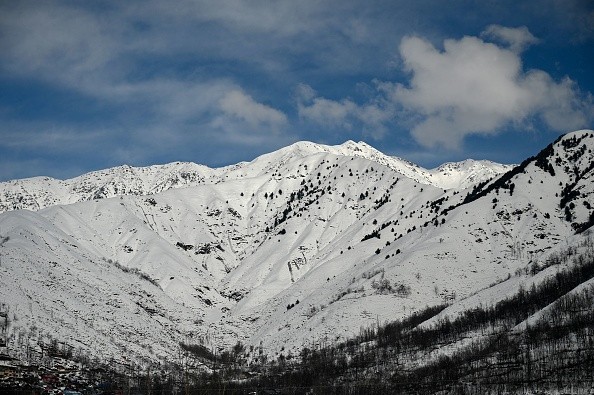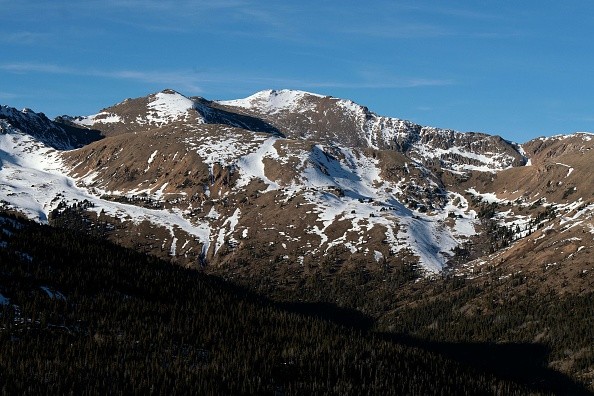Mountain snow and ice reserves are decreasing more rapidly than previously expected due to increased mountain warming and rainfall at high elevations.
Mountains and lowlands are being compared in this study using weather station data, big global databases, and climate models to examine recent changes in mountain climate.

How Climate Change Affects Mountains
Researchers discovered that nearly all mountain locations around the world are warming up. They also discovered that temperatures in the mountains are rising faster than in the lowlands nearby, according to Phys.org.
They observed no significant difference in warming between lowland and highland areas when they averaged the data from all mountains worldwide.
Dr. Pepin, of Portsmouth University's School of Environment, Geography, and Geosciences, said the results may appear puzzling, but mountains exist in a vast range of ecosystems and climates and are unevenly dispersed over the globe.
The lack of variation in global warming rates could be explained by a variety of other reasons, such as the varied terrain found throughout the world's highlands and lowlands. Nearly all studies find that higher elevations warm more rapidly than lower ones within the same region.
Effect of Changes in Mountain Climates
According to News Axes, temperature rises at sea level are anticipated to be worse in the high mountains, and this is not a good news for mountain snow and glaciers, which are continuing to melt at a rapid rate.
Rainfall and snowfall are decreasing in certain locations while increasing in others, according to the study's findings.
There is an overall increase in rainfall over the world, but in the vast majority of situations, this increase is concentrated in lowland areas. Mountain increases, on the other hand, are far more modest, if they occur at all.
Dr Pepin stated, their analysis identifies, for the first time, early evidence of a potential diminishing elevation reliance of precipitation. According to him, temperature rise will have a slower effect on precipitation in hilly regions than in lower-lying areas.
Pepin said this could be due to a variety of factors, including changes in wind patterns and moisture content in the atmosphere.
Climate change is expected to accelerate the loss of mountain snow and ice reserves, which might have serious consequences for the ecosystems and humans that use these resources.

Elevation-Dependent Warming in Mountain Regions
Although they are not found in the polar regions, mountains store the majority of the world's snow and ice, which is critical for meeting the water needs of both fragile ecosystems and a large amount of the global population.
Nearly a quarter of the world's lowland population will be reliant on mountain water by the middle of the twenty-first century, according to predictions.
As a result, the present and future consequences of glacier retreat, increasing snow lines, and changes in precipitation due to climate change are grave.
Elevation-dependent warming happens when a systematic and statistically significant shift in warming rates with elevation is discovered, stated study co-author Dr. Elisa Palazzi of Italy's National Research Council.
A global warming profile based on elevation-dependent warming is commonly recognized, yet there is no consistent elevation-dependent warming pattern. It has been overlooked that fluctuations in precipitation are influenced by altitude.
To address this, the researchers conducted a detailed examination of temperature and precipitation data from in-situ stations in mountain locations all over the world. It was in 2012 that the Elevation Dependent Climate Change Working Group of MRI was formed.
At the outset, it looked into the question of whether mountains are warming faster than lower areas, as well as how much, and why.
Elevation-Dependent Warming in Mountain Regions of the World, a 2015 Nature Climate Change article that examined evidence for elevation-dependent warming, was a culmination of this research.
For more news, updates about climate change and similar topics don't forget to follow Nature World News!
© 2025 NatureWorldNews.com All rights reserved. Do not reproduce without permission.





